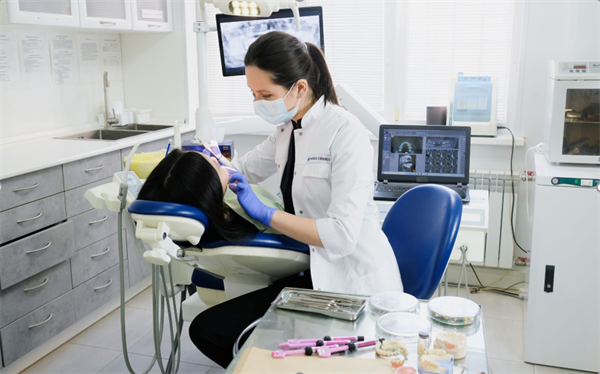
Maintaining good oral health is essential, but dental treatments can come with a hefty price tag. From routine cleanings to more extensive procedures like root canals or dental implants, the costs often leave patients unsure of how to proceed. Fortunately, a variety of financial options are available to help make dental care more affordable and accessible.
The Rising Cost of Dental Care
Over the past decade, dental costs in the United States have steadily increased. Whether it's basic preventative care or cosmetic procedures, many people find themselves unprepared to handle the expenses out of pocket. A simple check-up and cleaning can cost over $100, while more involved treatments like crowns, braces, or implants can run into the thousands. Without dental insurance or a financial plan, these costs can be overwhelming.
Why Financial Planning Matters
Delaying dental care due to cost can lead to more serious health problems down the line. A cavity that could have been filled early might turn into an infection requiring a root canal. Gum disease, if left untreated, can contribute to cardiovascular issues and diabetes. That's why it's important to plan ahead and understand the financial options available.
Having a plan in place not only helps spread out the cost but also gives you peace of mind. Knowing that you can afford treatment allows you to make decisions based on health, not just budget.
Exploring Payment Options
There are several ways to manage dental costs. Most dental offices offer flexible payment plans, and some even partner with third-party financing companies. Here's a breakdown of the most common options:
1. Dental Insurance
While dental insurance doesn't cover everything, it can significantly reduce costs for basic and preventive care. Some policies also include partial coverage for more advanced procedures. Make sure to review your plan carefully to understand what is and isn't covered.
2. In-House Payment Plans
Many dental practices offer in-house financing, allowing you to spread payments over several months. These plans are usually interest-free, provided you meet payment deadlines.
3. Health Savings Accounts (HSAs) and Flexible Spending Accounts (FSAs)
If you have access to an HSA or FSA, these tax-advantaged accounts can be used to pay for eligible dental expenses. They're a smart way to set aside money specifically for healthcare needs.
4. Third-Party Dental Loans
For procedures not covered by insurance, like cosmetic dentistry or implants, dental loans can be a valuable solution. These personal loans are tailored for medical expenses, often with competitive interest rates and flexible repayment terms. Companies like medicred.co.uk provide dental-specific financing to help patients manage high-cost treatments. If you're considering implants, you can explore how to finance dental implant procedures through their platform.
When Should You Consider Financing?
Not every procedure requires a loan or payment plan, but if a treatment costs more than you can comfortably pay up front, financing can be a smart move. This is especially true for emergency dental care or cosmetic procedures that insurance won't cover.
It's also worth considering financing if delaying treatment could worsen your condition. In these cases, getting the care you need now can save you from higher medical bills in the future.
Making the Right Financial Choice
Before committing to any financial product, be sure to compare interest rates, repayment terms, and any fees. Always work with reputable lenders and read the fine print. Ask your dental provider about financing options they accept and whether they recommend any trusted partners.
Final Thoughts
Dental care is a critical part of your overall health, and no one should have to forgo treatment due to financial constraints. With the variety of financial tools available, from insurance and savings accounts to specialized dental loans, patients have more options than ever to take control of their oral health. Planning ahead and exploring the right financial strategy can make all the difference in maintaining a healthy, confident smile.